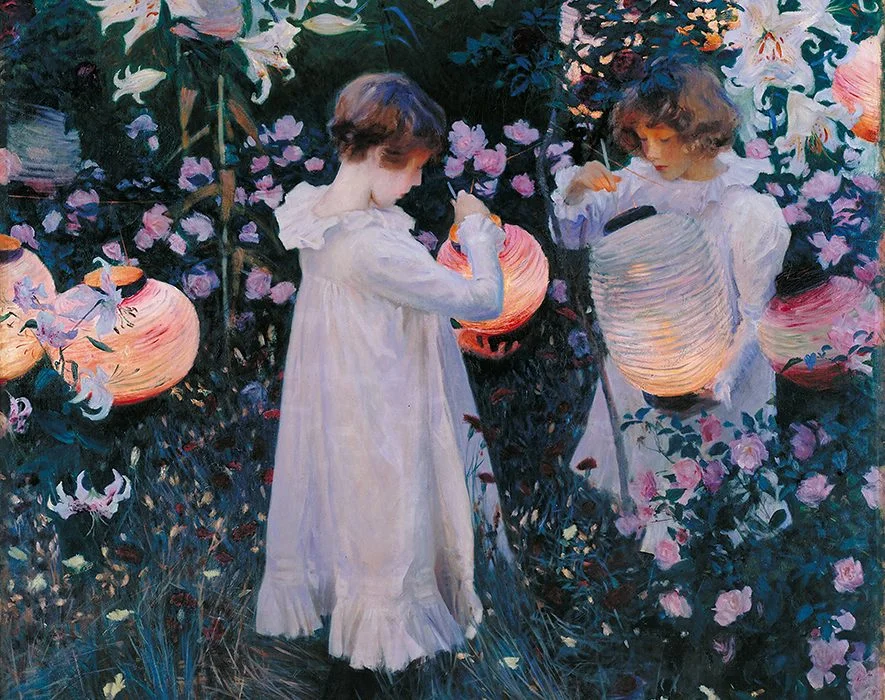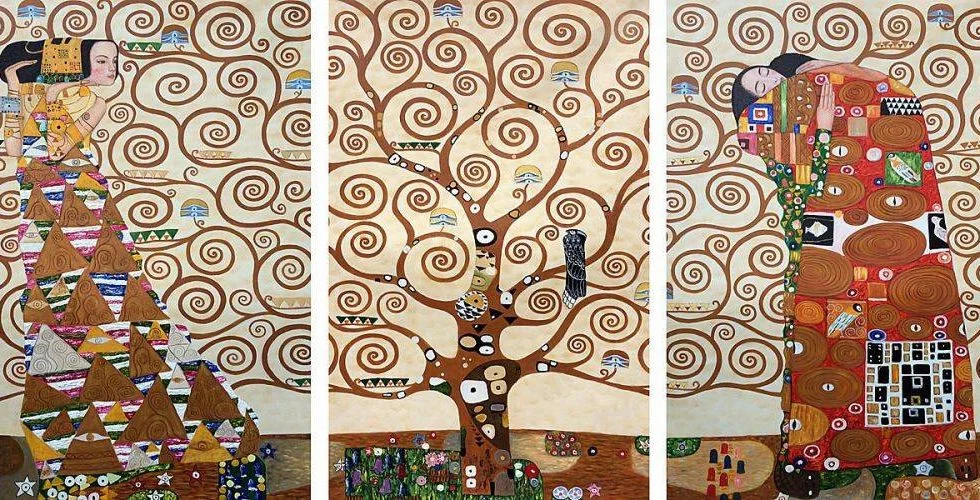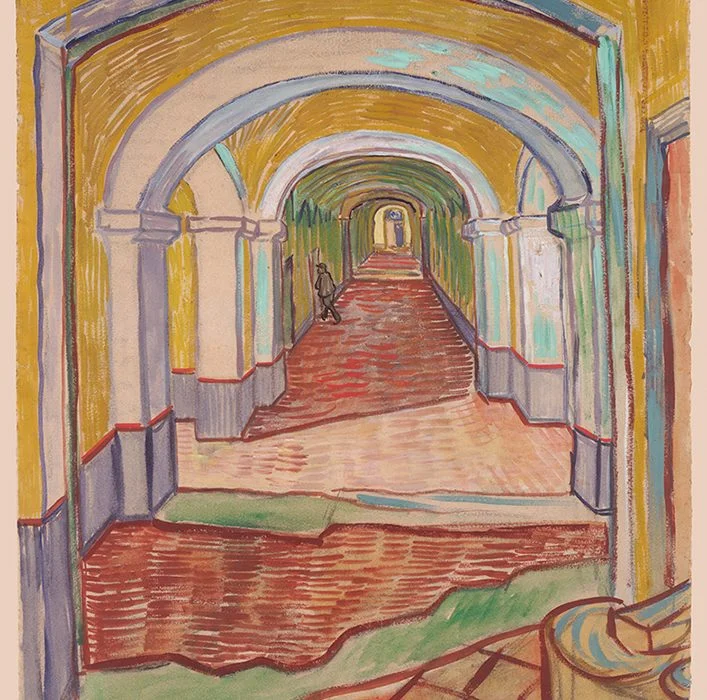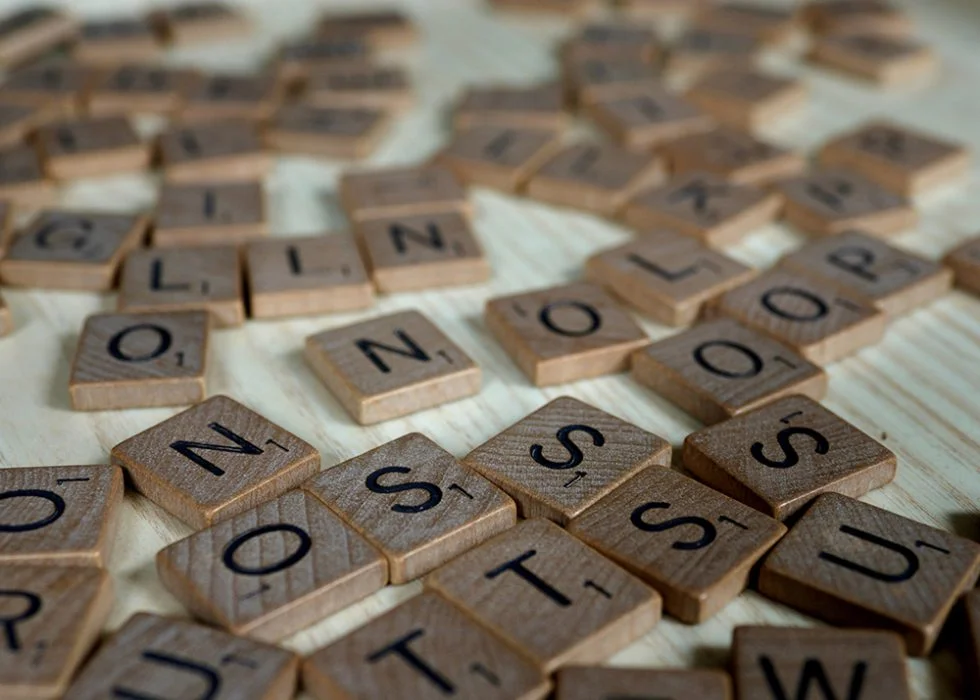Self-Knowledge • Trauma & Childhood
What Does the Child in You Need Today?
We know – in theory – that it is extremely wise to try to look after ourselves, to show ourselves compassion and patience and to attempt to be kind to who we are.
The difficulty is how to pull any of this off. It tends to feel highly incongruous to try to interrupt the normal panicked, stern or critical way we speak to ourselves for the sake of a moment of stillness and nurture. It can be infinitely easier to look after someone else than to direct generosity inwards.
It may in this context help to try out a minor imaginative exercise: to picture ourselves as being, alongside our normal duties, always responsible for looking after a small child, a distinctly sensitive five year old, who happens to be a version of our younger selves.
Imagine that throughout an average day, we aren’t going to be the only ones showing up and handling matters. We will be accompanied at all times by a far more intrepid, vulnerable, sleepy, delicate, sweet and very shy five year old. There will be a five year old coming with us to our workplace presentation. There will be a five year old in tow when we have to meet colleagues from the Korean branch – and have to take them out for lunch and make small talk for an hour. This small person will then have to make a difficult phone call to a supplier who will try to catch them out. Later on, they will need to go to a party at which they don’t know very many people and where they will be set the task of trying to make some friends. And then they’ll have to find a taxi or somehow make it back home on a very late train.
Looked at through the eyes of an adult, these prospects are unlikely to attract much attention or sympathy from our pilot selves. This is just what we’re used to; we know what we have to do and we’ll do it competently enough. But considered through the eyes of a five year old, we start to get a fairer picture of the threatening and draining dimensions of what we have to confront on a typical day. When we think of what it would take for a five year old to have to deal with a room full of strangers or to have to sit politely during a long meeting or to be tasked with plotting a route home, we begin to get a more vivid and more accurate sense of what we have grown dangerously used to making light of, of the genuine difficulties to which we have grown inured, of the brave mask we have forgotten we are even wearing.
This matters because pains that we don’t acknowledge have a habit of undermining us until we pay them attention. They will exact a toll even if we look away from them and put on a show of strength, manifesting themselves in subsidiary forms, in migraines, depressions, backaches and waves of anxiety or anger. We are – most of us – leading lives that are at points simply far too arduous for us to bear, but which we have forgotten to interpret, mourn and comfort ourselves for.
We are – luckily – natively generally far better at looking after children. Faced with a five year old, we mostly know what to do; we understand where the threats and tensions might lie for a small person. We know to look out for when a child is sleepy or hasn’t eaten properly, we know how draining it is for a child to have to meet someone new or to perform in public or to get themselves organised when there is little time. Our heart goes out to them. ‘Poor poppet’ we might mutter under our breath when we think of what this tiny being is going to have to deal with and how much fear or tiredness they might feel.
We should import this tender concern into our treatment of ourselves: we too are in the end in part a five year old, we too get sleepy and scared and confused and very very apprehensive. And we suffer all the more for not allowing ourselves to know this clearly, for assuming that we are older than we are.
Going forward, as we consider an average day, we should try to take a moment to ask ourselves some deliberately naive sounding and oddly sweet-natured questions:
— How would a five year old cope with the morning we have?
— How would they deal with the lunchtime?
— How might they feel about the afternoon?
— How might they be feeling towards evening?
We aren’t thereby patronising ourselves. In the most adult of ways, we’re acknowledging the debt we owe to the more fragile, historic parts of us. We’ll accede to a fairer, calmer, kinder adulthood once we accept with grace how close we remain always to the delicate, sensitive, tear-prone little person we once were.



























